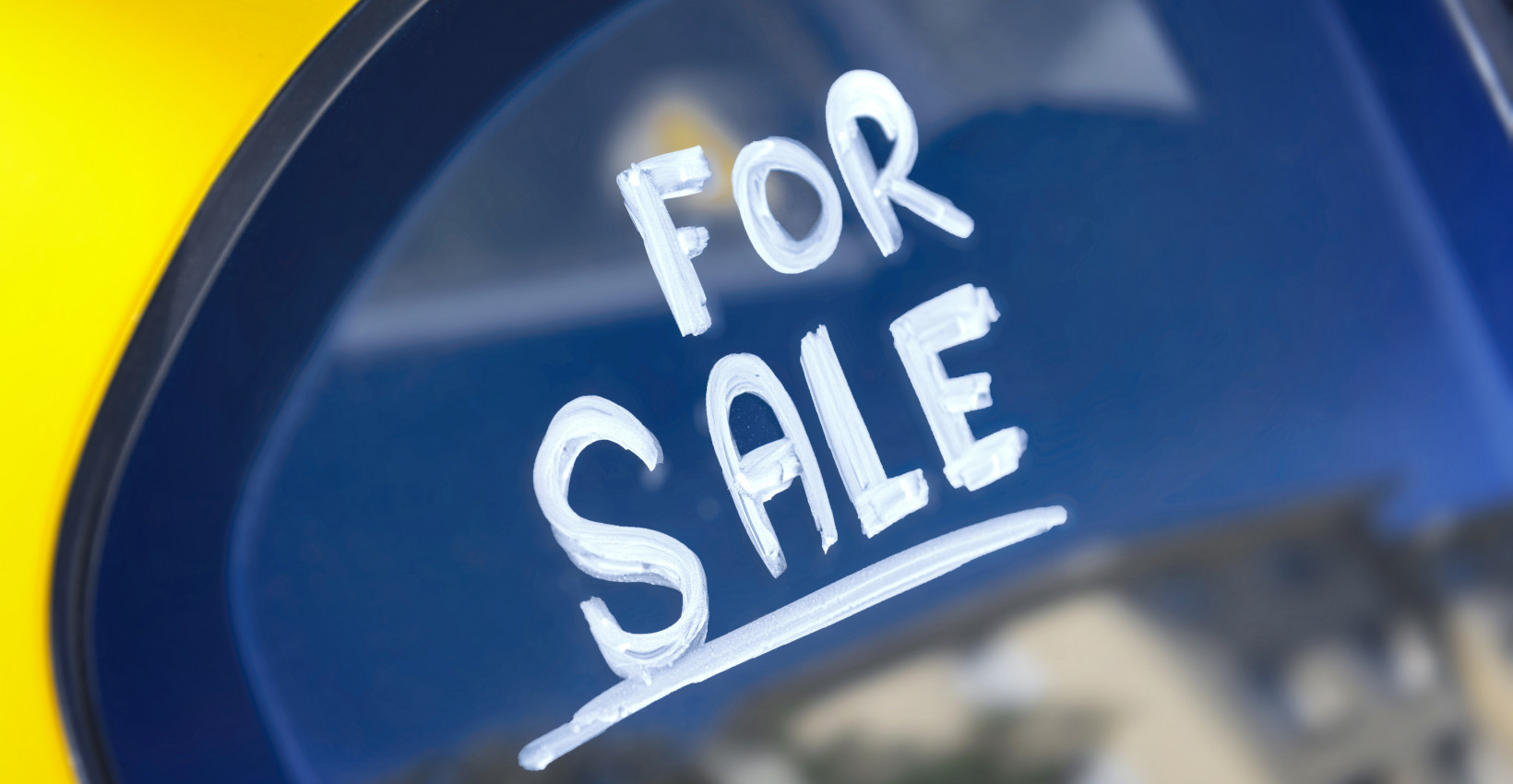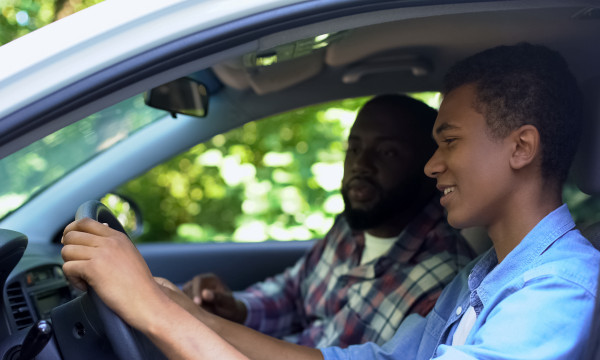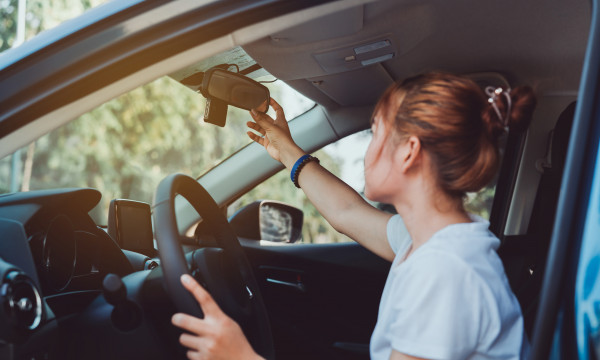Private-owner auto purchases: what to know, what to bring
Buying a used car privately is a viable option to consider — here’s what you need to know to make it go smoothly.

So you’ve found a vehicle with a private seller — that’s great! Before you seal the deal, we recommend checking out our guide to buying a pre-owned car and downloadable checklist. You’ll find lots of great pointers to help you ensure you’re making a solid purchase. If you’re ready to pull the trigger on a new-to-you ride, read on for some things to keep in mind as you prepare to meet the seller and make the deal.
Before you buy
It’s a good idea to lay the groundwork for your loan as soon as you begin car shopping, so give your banker a heads-up. When you buy from a private seller, not only will you not have a dealer to help you arrange financing, but there may be extra steps involved, depending on the type of private-party purchase, and your banker can serve as a valuable resource. Note location hours and possible alternatives if you plan to buy over the weekend.
You may also consider bringing someone with you for price negotiations, if that part makes you squeamish. Your research should have given you a good idea of what fair pricing should be, but don’t start your offer there. Ask the seller what they want for the car, and counteroffer with a lower amount, backed by reasons you think their price is too high (such as prices of similar cars, issues that you found on the vehicle history report, or problems you or your mechanic identified). In the end, you’ll most likely pay more than your initial offer, and the buyer is probably going to take less than they advertised.
What to bring with you
With the initial steps out of the way, we have arrived at the business transaction portion of the process. When you buy from a dealer, all the paperwork is taken care of on the spot: the registration, title transfer, and sometimes the financing are handled by the salesperson or finance officer. When you purchase from a private seller, however, it’s your responsibility to take care of these things. Don’t worry — we’ll give you a good idea of what to expect.
For starters, it might be easiest for the sale to take place at your bank (especially if you need to pick up a cashier’s check) or even the DMV. You’ll need to bring the following:
Driver’s license. You’ll need it to drive home, after all, and chances are really good it will come in handy before that.
Insurance card. You’ll need that for the drive also, and hopefully, you were able to contact your agent regarding your impending purchase.
Pen and screwdriver. The pen is for all that signing you’re going to do, and the screwdriver is just in case the seller forgets theirs, as they may want to take their plates off. If this sale does not take place at the DMV, and it’s not your next stop, know that you have a 30-day period to license your vehicle. Just be sure to carry ownership papers with you during that time.
Payment. Getting the funds to the seller can be a bit more involved with private-party transactions, especially in cases where the seller still has a loan, and you’re getting financing to buy the vehicle. Most financial institutions can perform a direct transfer to your bank and provide you with a cashier’s check. Another option is for your check to be made out to the seller’s bank, but sometimes it takes a private seller’s lienholder several days to get the vehicle title after the loan is paid off. Usually, you’ll want to receive that transferred title as soon you pay for the car, so this is really where communication with your friendly banker is so important. The more they know about your purchasing situation, the better they are able to advise. If both you and the seller happen to use the same bank/lender, it’s best to make an appointment to go in.
Assuming this is not a dual loan (buyer/seller) situation, your seller may ask you to pay in cash. Know that a cashier’s check obtained from your bank when you close the loan is standard practice and a much safer, traceable way to go; just be sure to get the exact spelling of the seller’s first and last name. If you do go the cash route, choose a safe place for the exchange, have someone come along, make sure the seller brings their ID, and document their receipt of the money with a bill of sale.
Bill of sale. Be prepared to write up a bill of sale if your seller does not furnish one. Whether you handwrite one or download a document doesn’t much matter; it just needs to have both the buyer’s and seller’s info along with the date, make and model of the car, odometer reading (you’re going to need it for the title, too), and purchase price. A notary is no longer required for this document, but it doesn’t hurt if your bill of sale is handwritten and you paid cash.
After you buy
You’re now ready for the seller to sign the vehicle over to you. While they no longer need to be notarized, vehicles titles are tricky, and there’s no crossing out allowed (you have to order a new one). That means this is another great reason for the sale to take place at the bank or DMV, near folks who see a lot of these.
At this point, a handshake is in order — your purchase is complete! If you’ve made contact with your insurance agent and have proof of insurance, you can now head to the DMV to pay sales tax and register the vehicle. You’re going to need:
- The signed title
- Bill of sale
- Nebraska sales tax form or Kansas sales tax form
- Proof of insurance
- Lien information if you borrowed money to buy the car
- Lien release if the current title shows there’s a lien against it from the previous owner
Good luck to you on your private auto purchase, and let us know how we can help with the process. Happy shopping!
Learning Center articles, guides, blogs, podcasts, and videos are for informational purposes only and are not an advertisement for a product or service. The accuracy and completeness is not guaranteed and does not constitute legal or tax advice. Please consult with your own tax, legal, and financial advisors.




